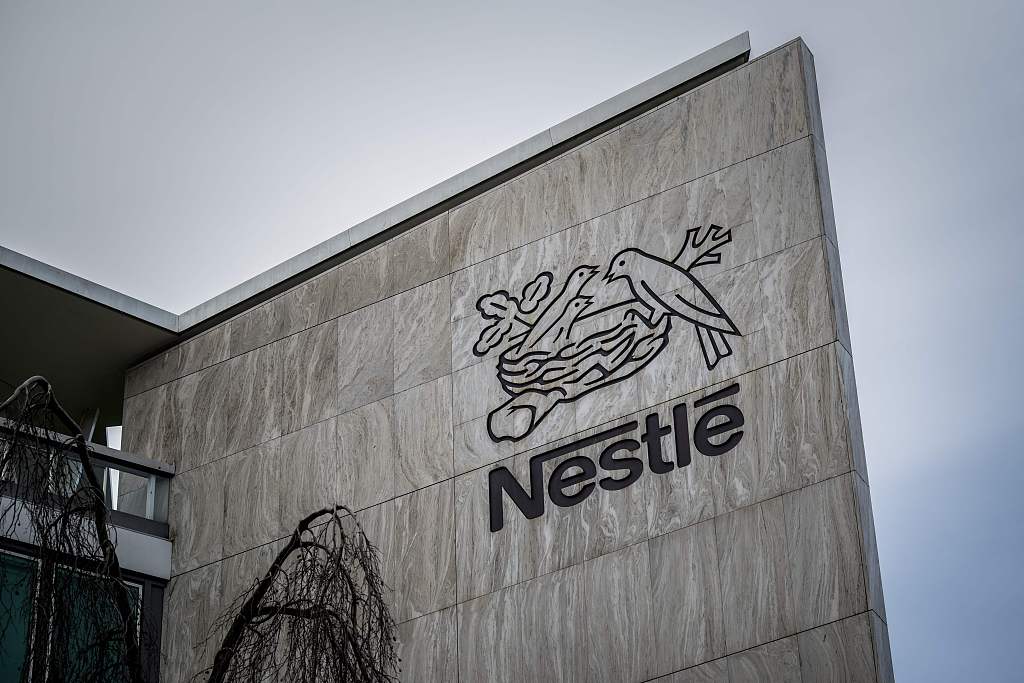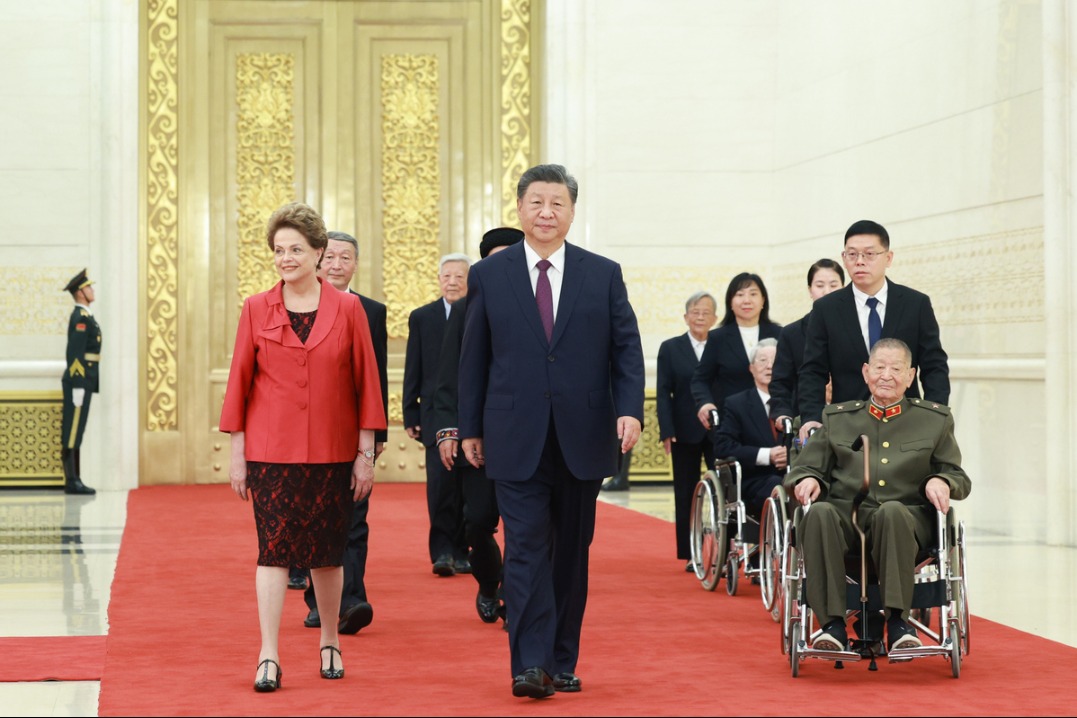Nestle 'breaks guidelines' over sugar in baby food
By JULIAN SHEA in London | China Daily Global | Updated: 2024-04-18 09:49

An investigation by campaigners in Switzerland has found that the world's largest consumer goods company, Nestle, has been breaking guidelines about obesity prevention by adding sugar and honey to both cereal products and infant milk in poorer parts of the world.
The Guardian reported a study by campaign group Public Eye that tested samples of Nestle baby food products from Asia, Africa and Latin America.
Although formula products sold in Europe contain no added sugar, and there is none in any products for the 6 to 12 months age group market, added sucrose or honey was found in samples of Cerelac baby cereal and Nido follow-up milk formula.
Obesity is an increasing problem around the world, particularly in low- and middle-income countries, and especially among younger children, which is why the issue of hidden sugar is such a concern.
According to the World Health Organization, since 2000, the number of overweight children under the age of 5 in Africa has risen by almost 23 percent.
While WHO guidelines in Europe forbid the addition of sugars or sweetening agents in food for children under the age of 3, no other region has similar guidelines.
Nutritional content details on packaging can often be confusing, meaning consumers are not entirely clear on what is in the foods they are buying.
One of the study's focuses was comparing samples of Cerelac, which makes 40 percent of its global sales from Brazil and India.
Samples from India showed on average more than 2.7 grams of added sugar in every serving.
In Brazil, where it is known as Mucilon, two out of eight samples had no added sugar, but the others had almost 4 grams each, and one sample from Nigeria had up to 6.8 grams.
Nigel Rollins, a medical officer with the WHO, called the report's findings "a double standard … that can't be justified".
The Guardian quoted a Nestle spokesperson as saying that recipe variations were down to several factors, including the availability of ingredients where the product was made, and that the company always complied "with local regulations or international standards, including labeling requirements".
Nestle also said it has cut the amount of added sugars in its global infant cereals portfolio by 11 percent worldwide over the past decade.
























